There is also a difference between independent living and being independent.
In thinking about Kayla's future and whether she may, or may not, be able to live on her own I started thinking about what that means.
When you become a parent you have a general idea of what you expect to happen. Your child grows up, graduates high school, may or may not go on to college, graduate - or not -, get a job, and at some point move out of your house and be on their own.
I look at my own situation and wonder: Am I independent?
Yes, I moved out of my parent's house, got a job, got married, started a family, and have my own house. But! as a mom who does not work full-time outside the house (I have a part-time job with Family Connection of SC but I can do most of that from home), I depend on my husband for an awful lot. I am not independently providing for, or financially supporting, my household. I depend on Joe's income for just about ...everything. I depend on his employment for health and dental insurance (hey, they don't call family members of the military member 'dependents' for nothing!) I am not independently supporting myself financially.
I would say the only time I was truly living independently was right after my divorce when I moved into my own apartment by myself. I didn't depend on anyone else during that time as I was employed, paid my own bills, didn't have anyone to answer to, and didn't have anyone to confer with on spending decisions.
On the flip side of being dependent on Joe, I would say that he is also dependent on me. It might not be financially, but he is dependent on me for a lot of things. He's dependent on me to buy groceries, cook meals, clean the house, take care of our children, pay the bills, make doctor and therapy appointments, keep up with school happenings, research, taxi our kids around everywhere, keep our social calendar, buy all the birthday presents (not just for our own kids, but for the birthday parties they are invited to), maintain all our important files and paperwork, sign up for this or that, cancel this or that...and the list goes on and on. He's dependent on me to do all those little, and big, day-to-day things so he doesn't have to worry about them while he's at work. If I did work full-time outside the house we would be dependent on each other in figuring out who was going to be doing what and still making sure all of those things happened and were taken care of.
So for the most part we all need some kind of support to live independently and Kayla's support might look different and more involved, but it's still support to help her live where she wants to live. If someone has to come in and clean and cook for Kayla is that so different from busy families who hire cooks and housekeepers?
Even if Kayla decides she doesn't want to, or if she isn't able to, live independently from us we still have to make sure that Kayla is being independent. Being independent means having a voice in her future. It is listening to her and what she wants. It is letting her help make the decisions about where she wants to live. It is providing her with a circle of support that will encourage her to make those decisions and help her reach those goals. It is letting her have choices about what she wants to do.
In my last PIP class one of the self-advocates shared his story with us. He was in a group home and was not happy there. Some issues he was not happy with included having to sign out and in of the house anytime he left - even if he was just going across the street to visit with a neighbor. He did not like his every move being tracked. (I even heard stories of bathroom doors having to be left open or being followed in to the bathroom and having a loss of privacy). He didn't like having to ask for his own money to go to the grocery store. He found some outside agencies and advocacy groups and was able to advocate for himself. He expressed his desire to move out of the group home and have more control over his life. With support he was able to do so and now lives in a place of his own choosing.
Can you imagine having to sign out of your own house every time you went somewhere? In a way I can understand why group homes might have this policy for liability issues. They might have an individual who has the potential to wander away, or has dementia and can't get back to their house on their own, or easily gets lost. There are always news stories about adults missing from their group home. So for some adults they might need that added support for accountability and that is what independent living looks like for them.
But for this particular individual he was able to express that he did not want to live that way. He did not feel the need to have to sign out of his house. That was not independent living for him. Allowing him to be independent meant giving him a voice and letting him voice what he did want and where he wanted to live and then supporting him in attaining that goal.
I probably already do too much for Kayla, and Lucas too if I'm honest with myself. There is probably much more they could be doing for themselves, but that I just do out of habit and because it's just quicker and easier and one of those "if you want something done right you've got to do it yourself things." But for both of their sakes I have to make a more conscious effort to let them be more independent, figure things out, do for themselves, and give them choices.
If I'm going to want Kayla to have a voice about her life when she's an adult, I need to start letting her have one at home as well. And as she grows up I need to keep reminding myself it is ok for her to make decisions even if they aren't the decision I would've made (within reason of course!) and let her make mistakes and fail. It's all part of growing up and learning to be independent.
Kayla's independent living might not look like what most of us envision for our kids, but regardless of what it looks like, we also have to let her be independent in the process.



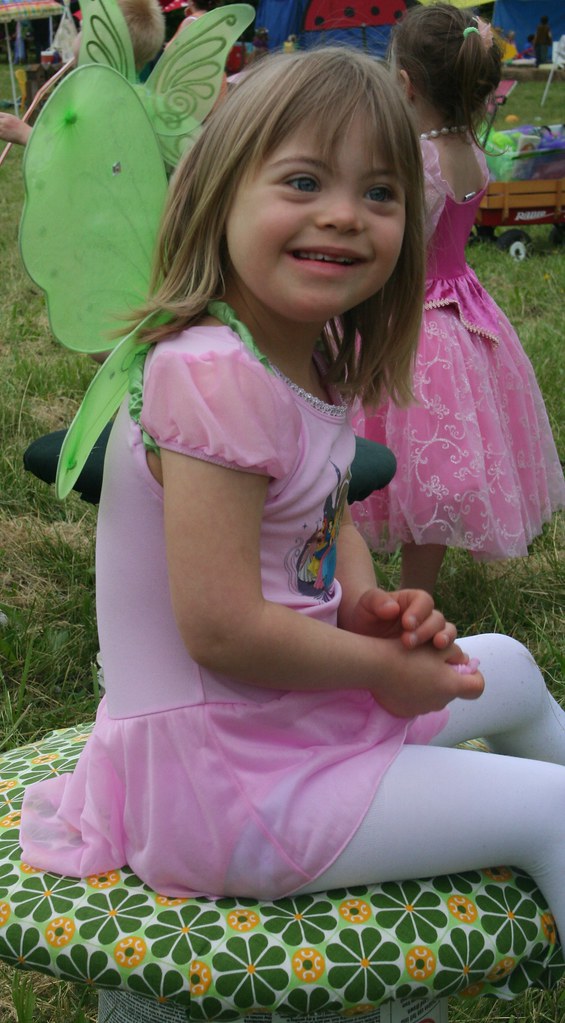

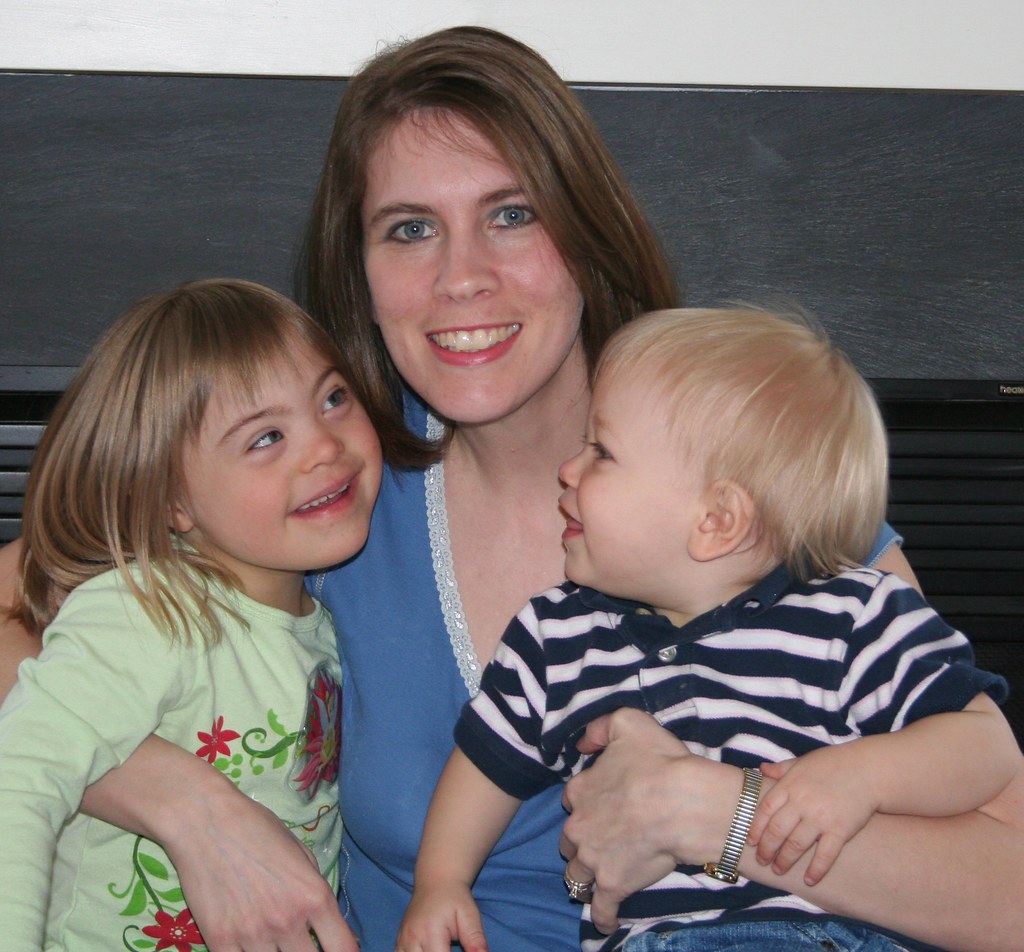
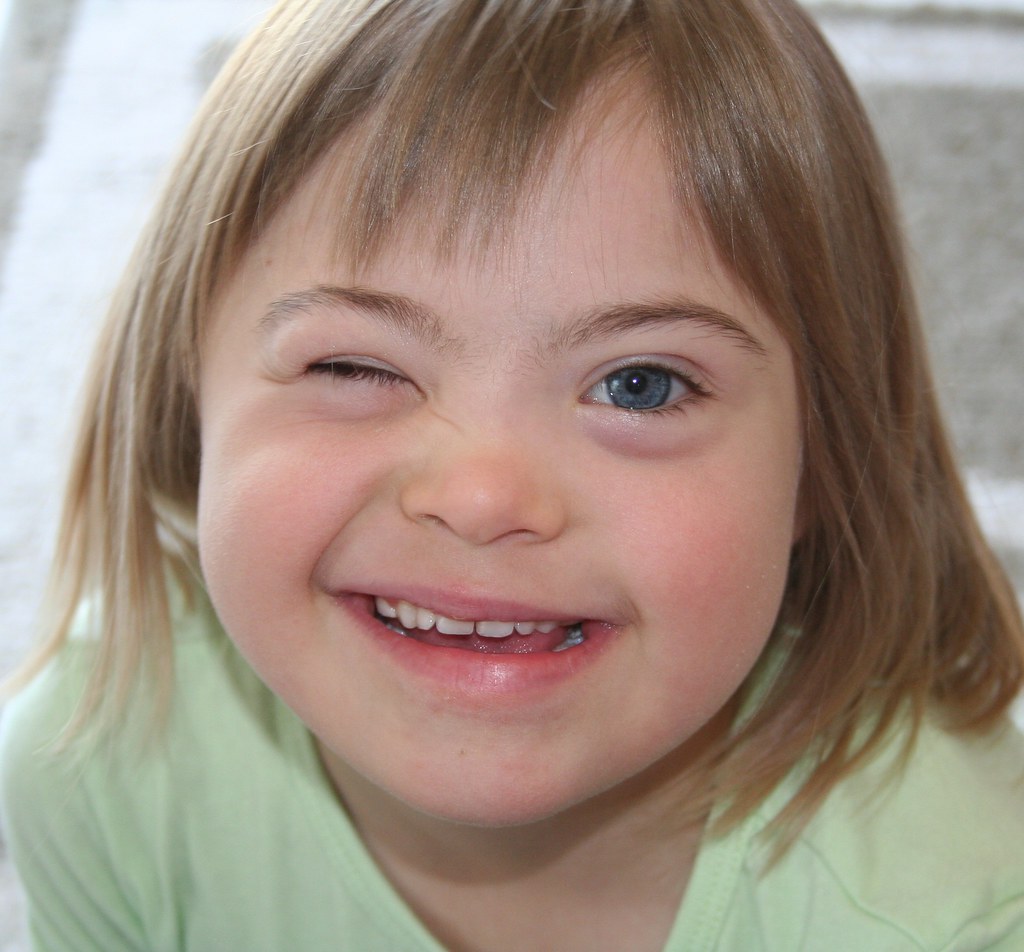
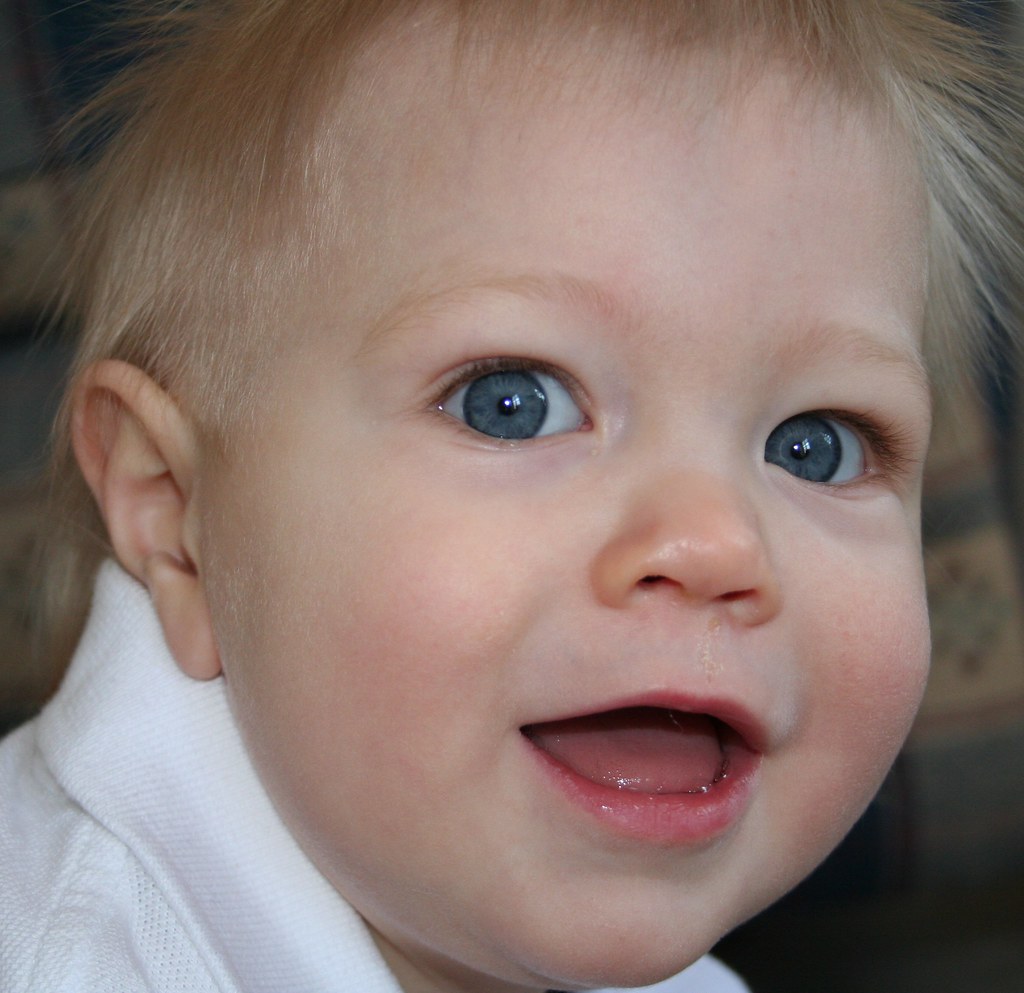
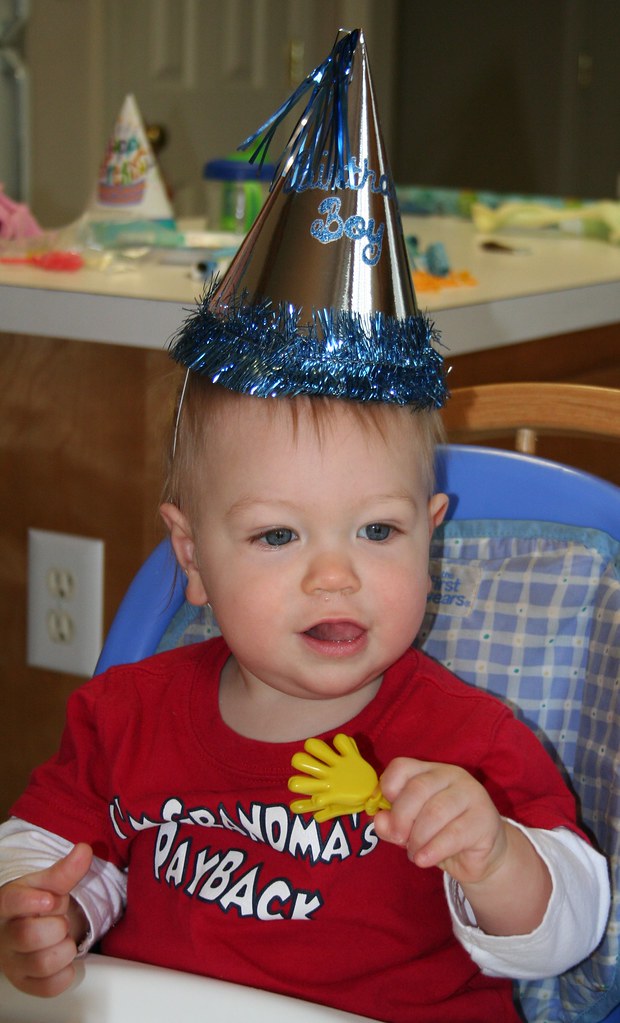
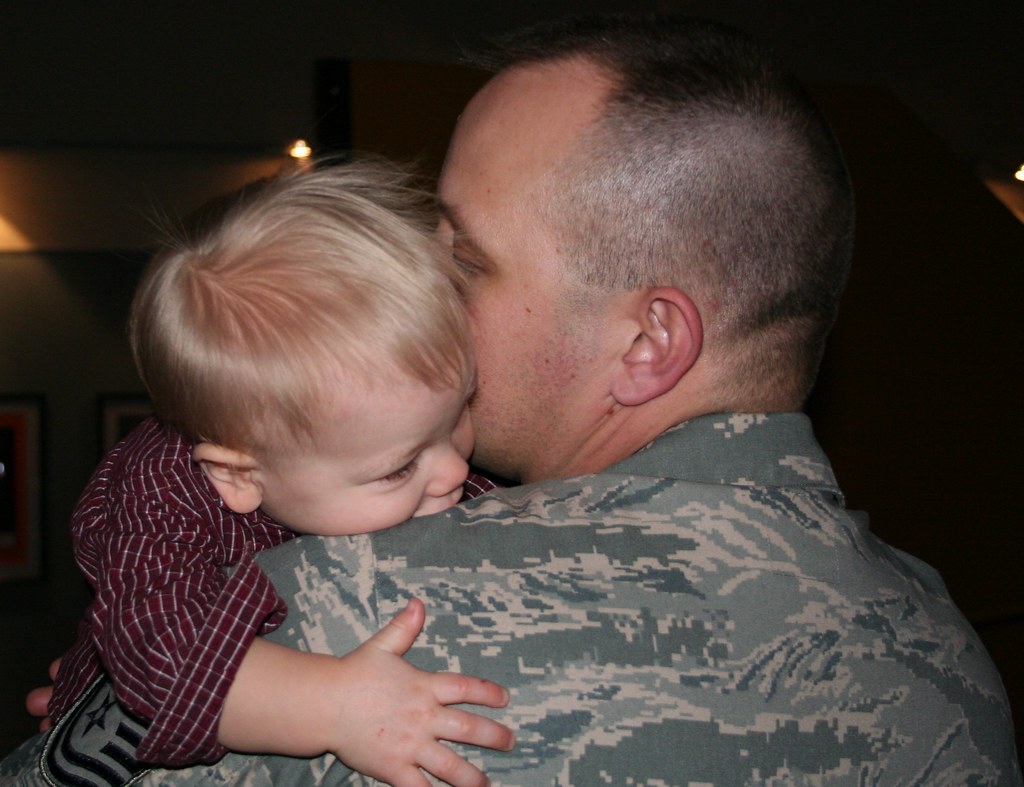
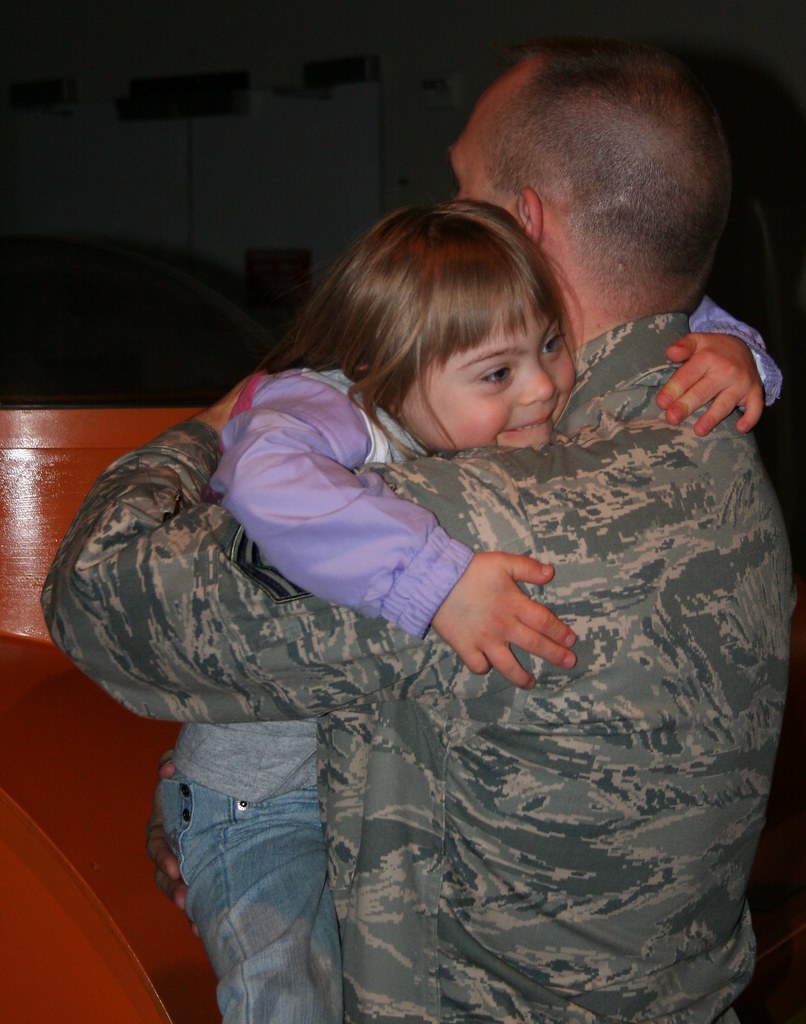
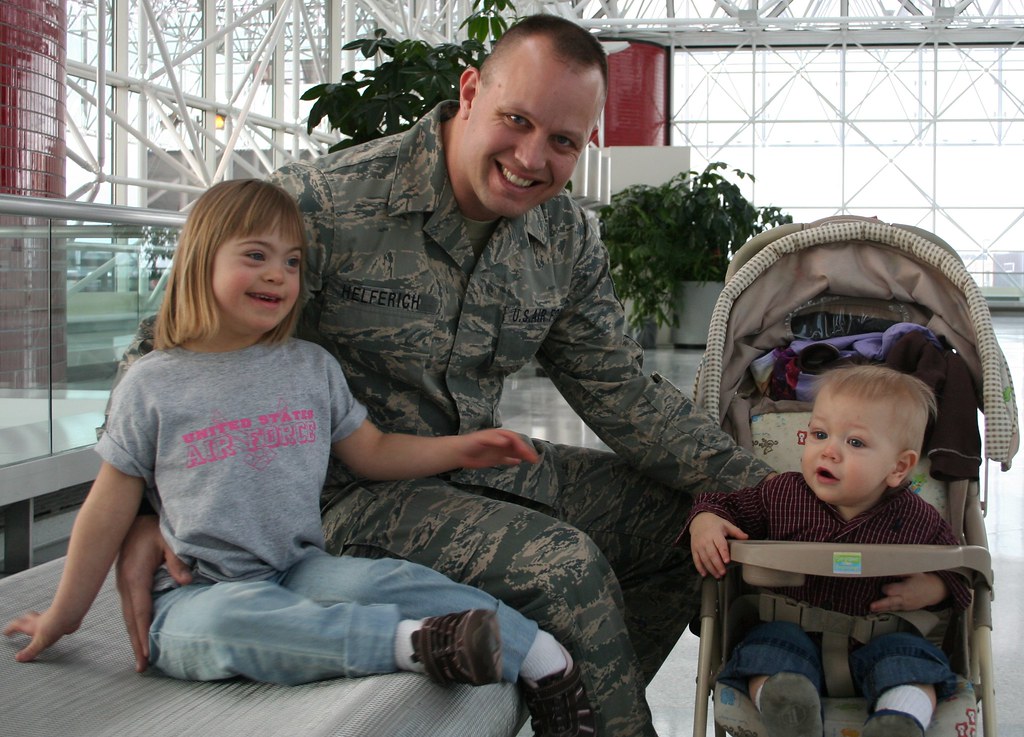
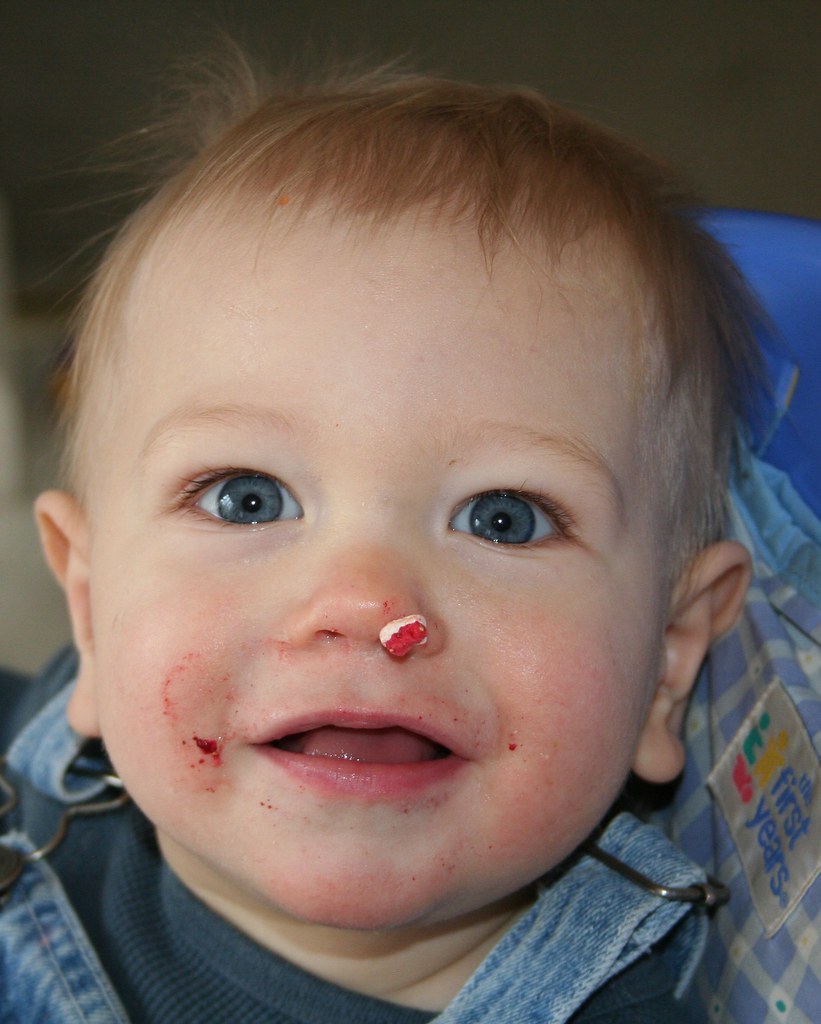
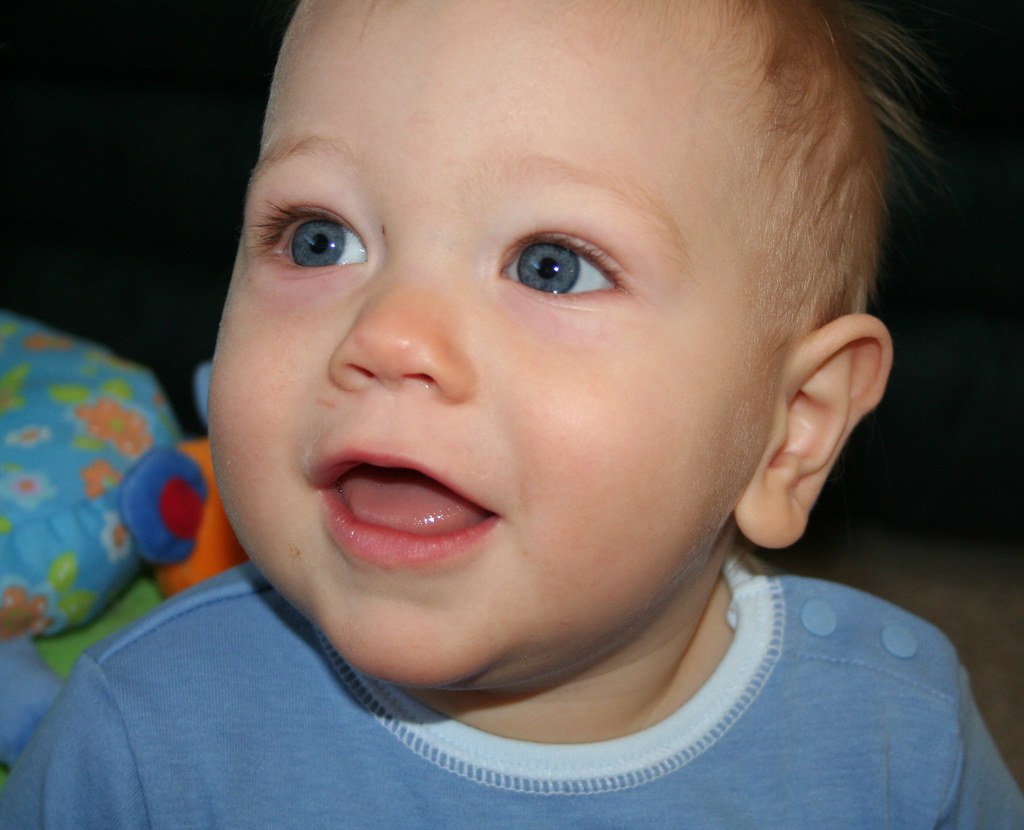
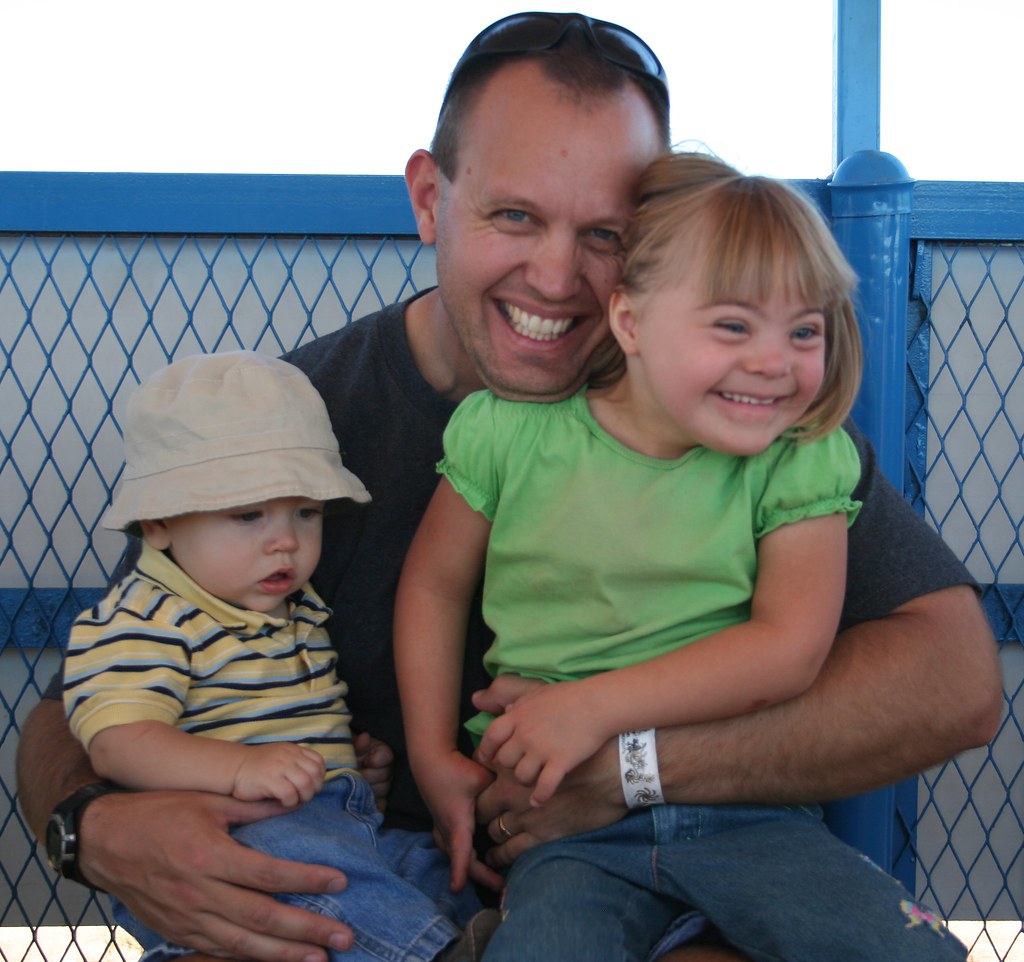
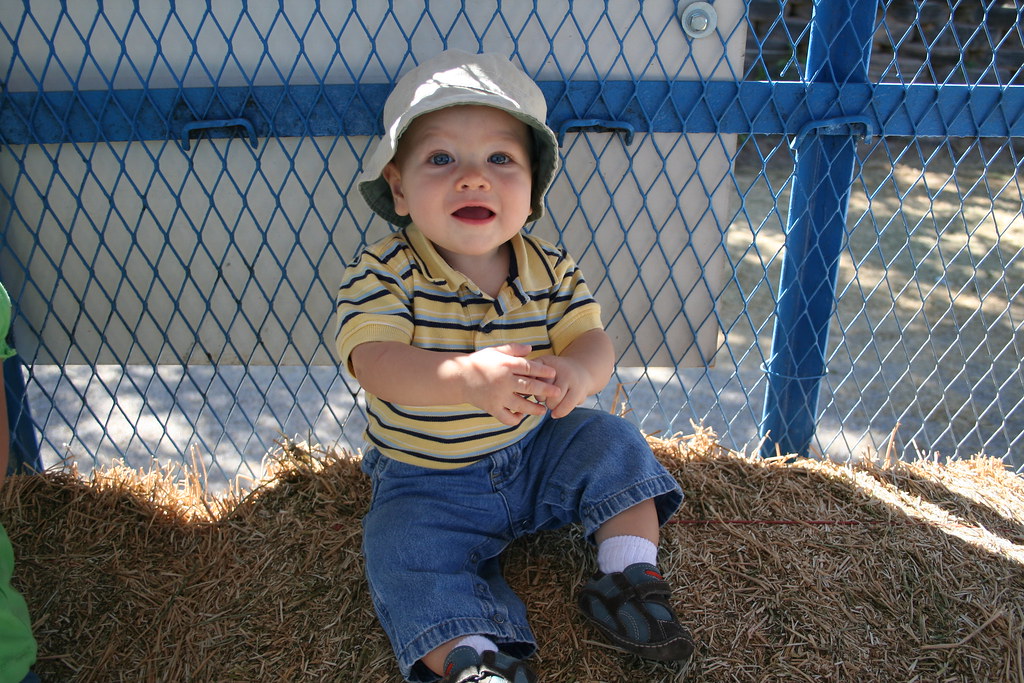
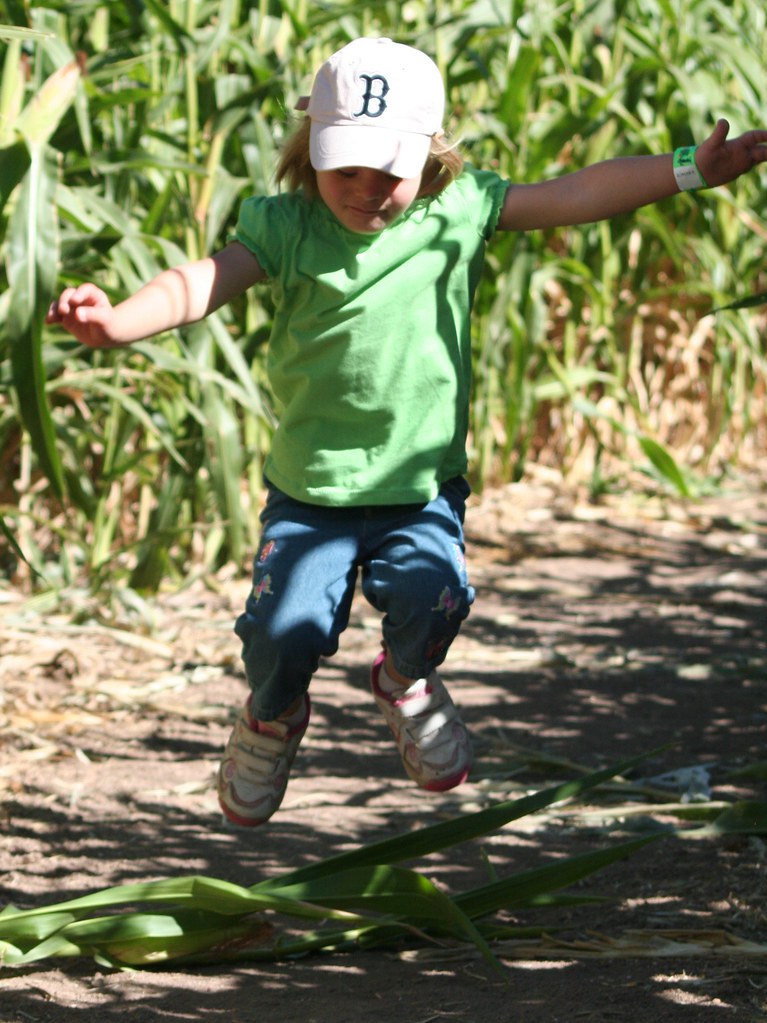
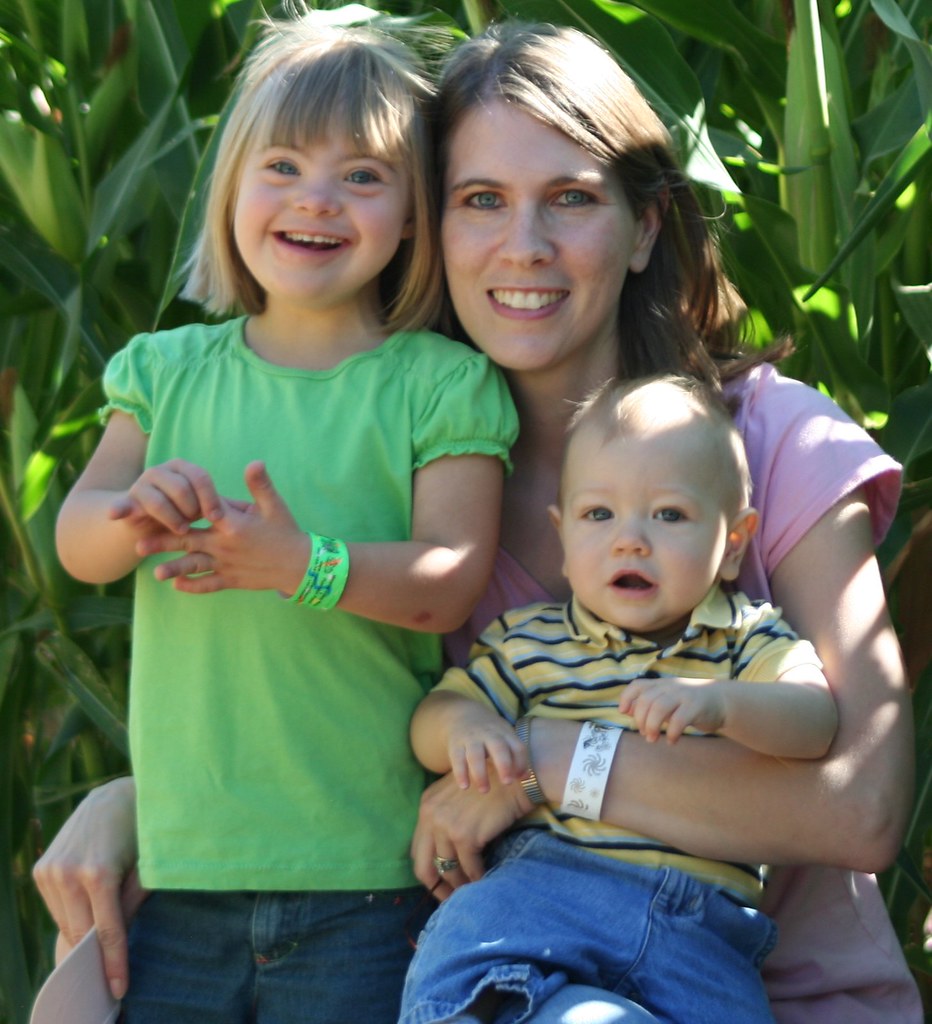
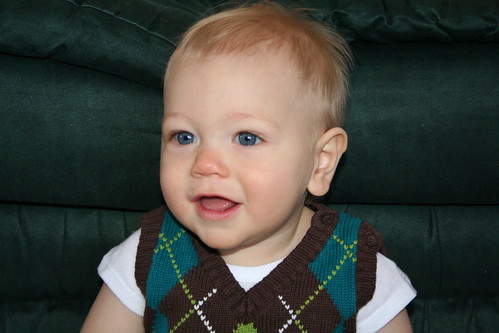
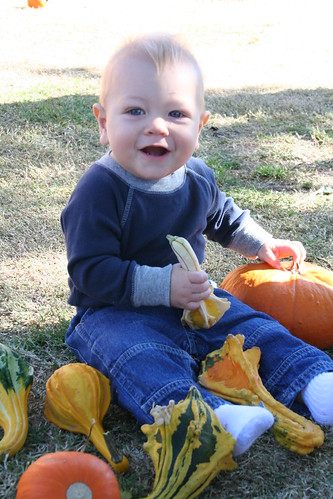
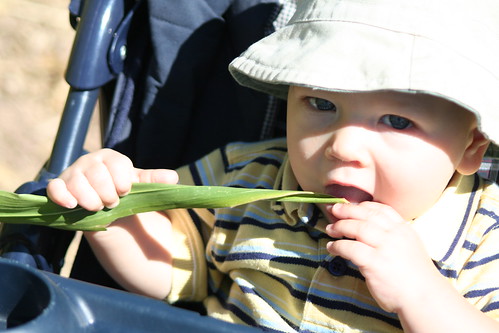
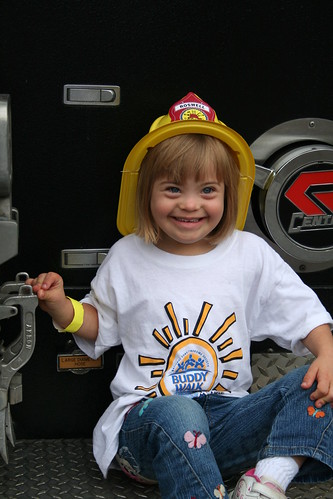
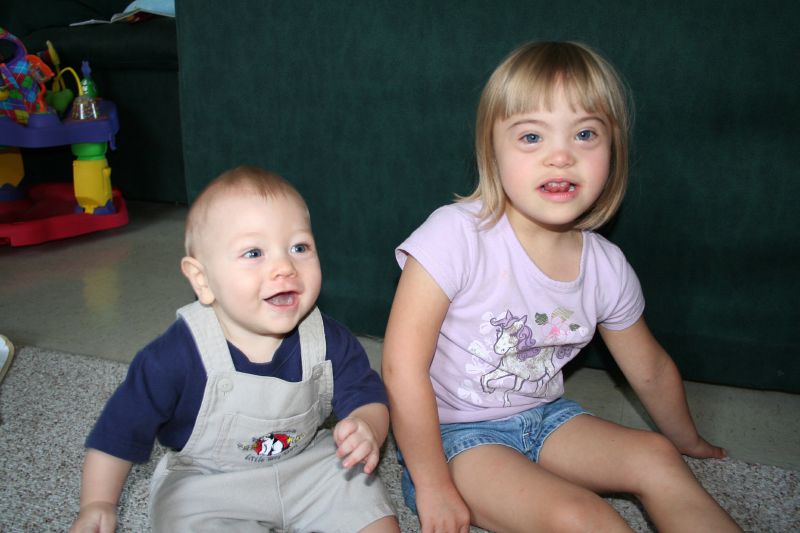
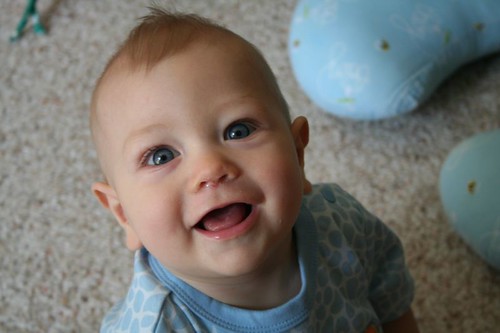
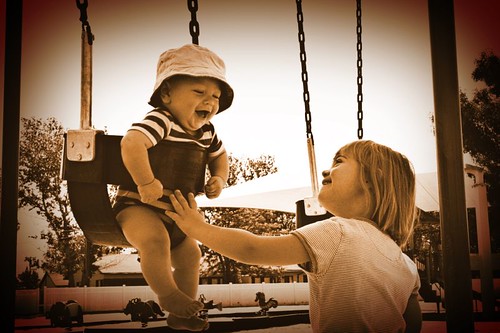
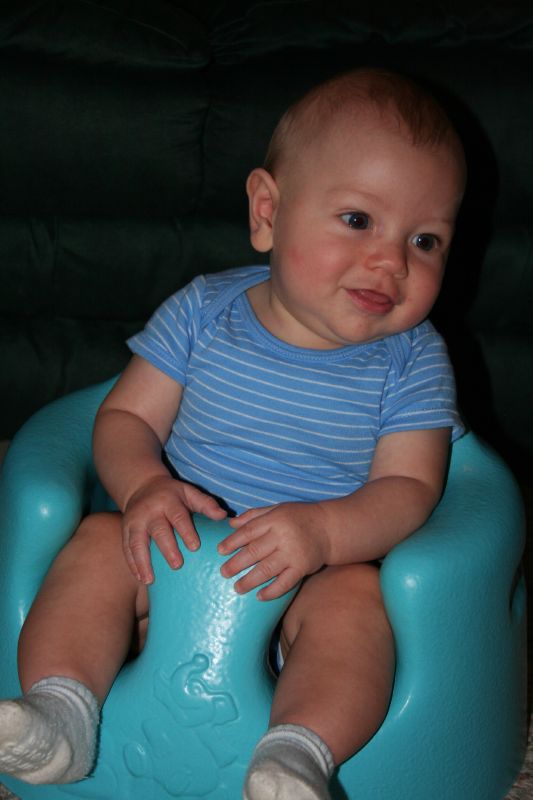
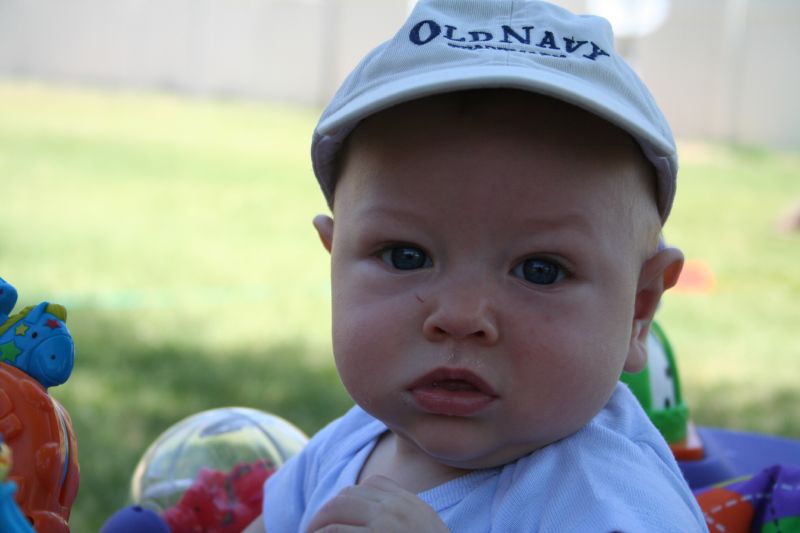
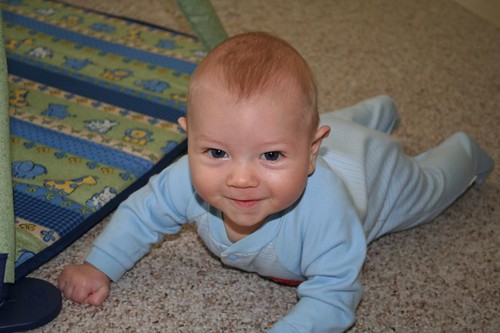
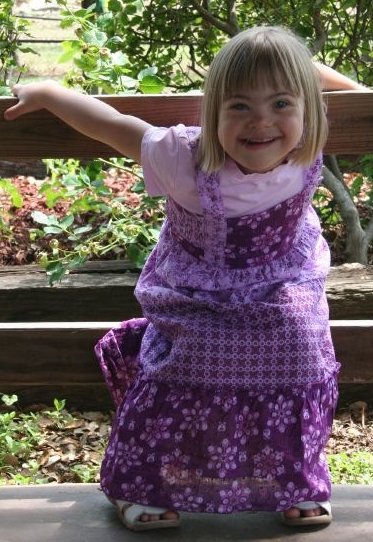
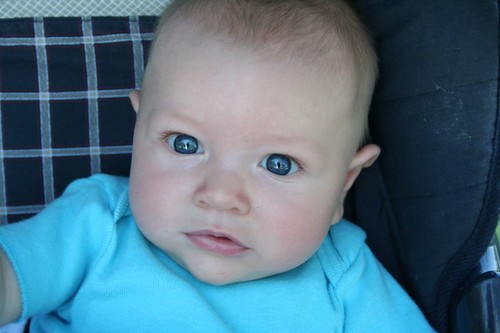
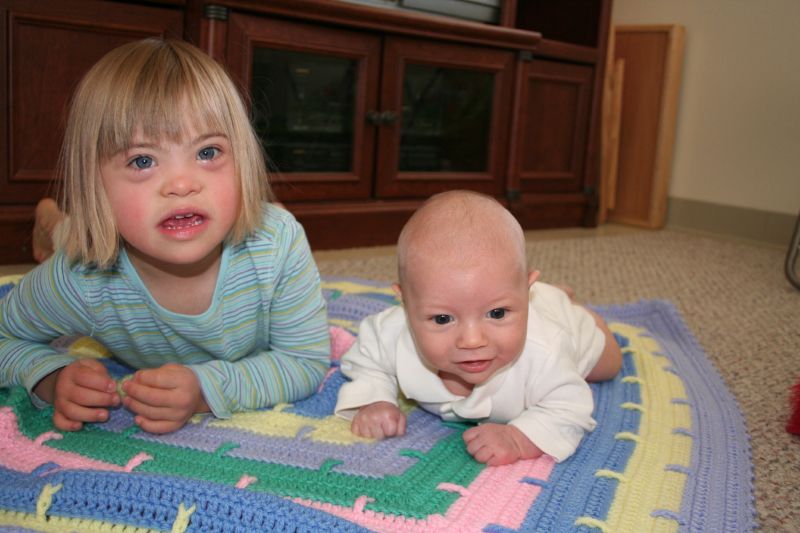
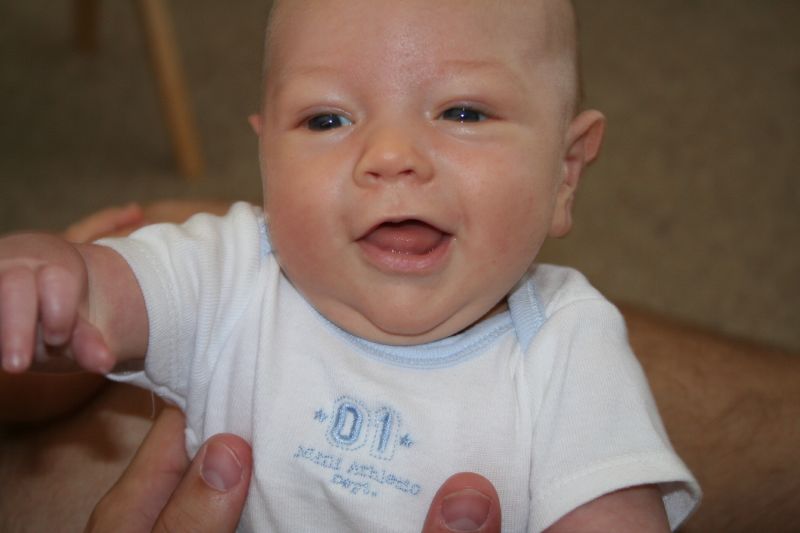
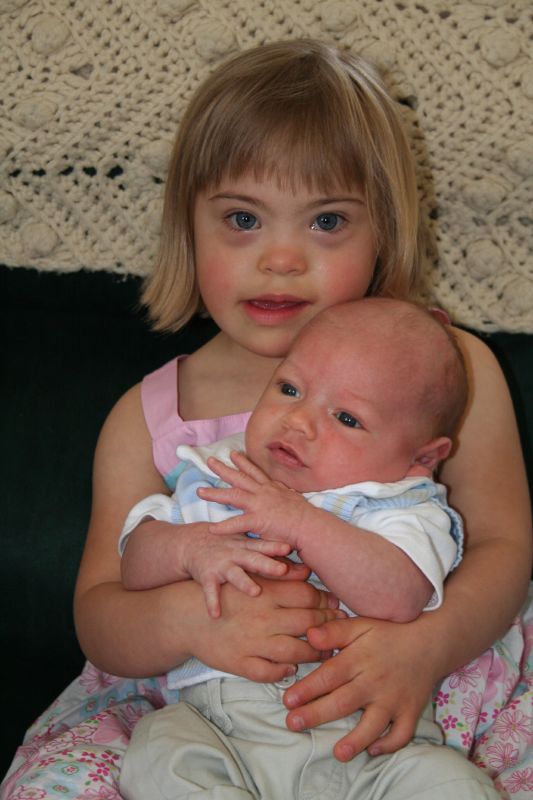
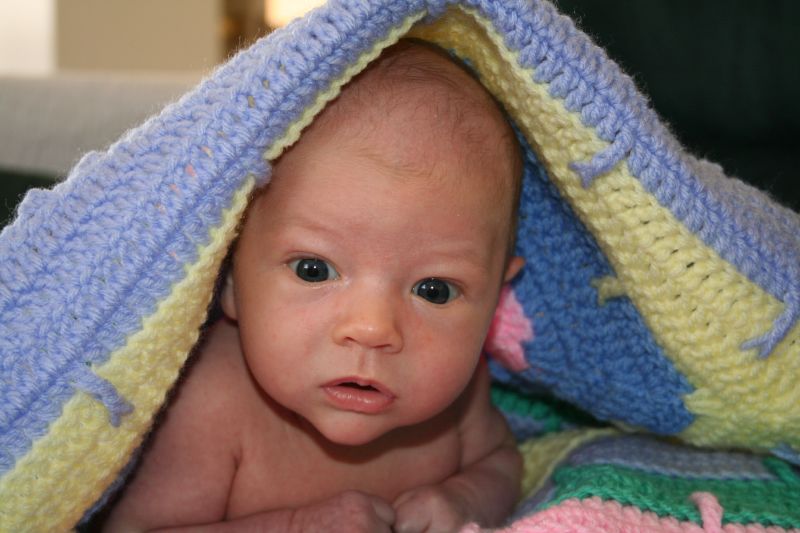
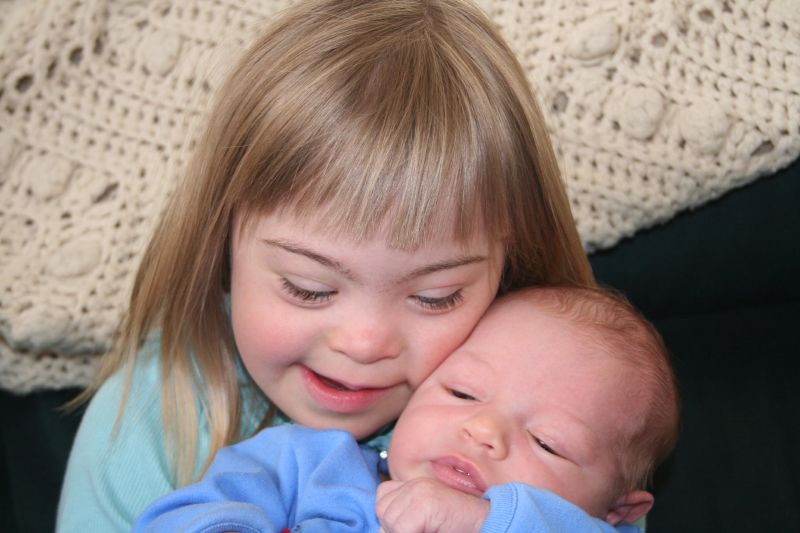
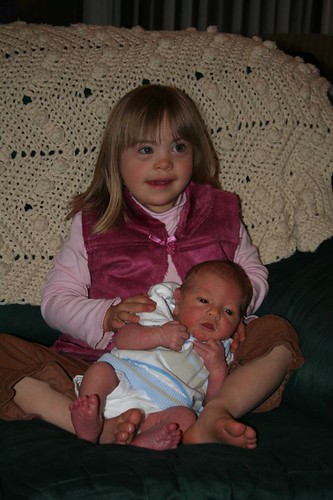
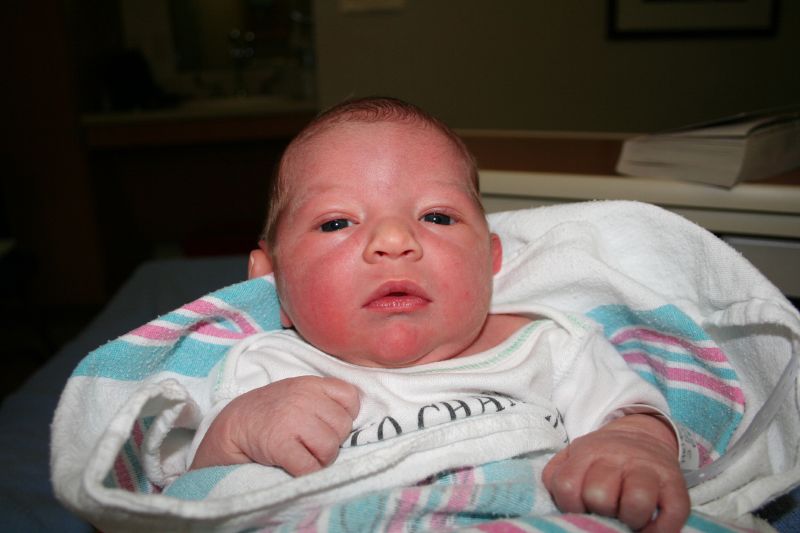
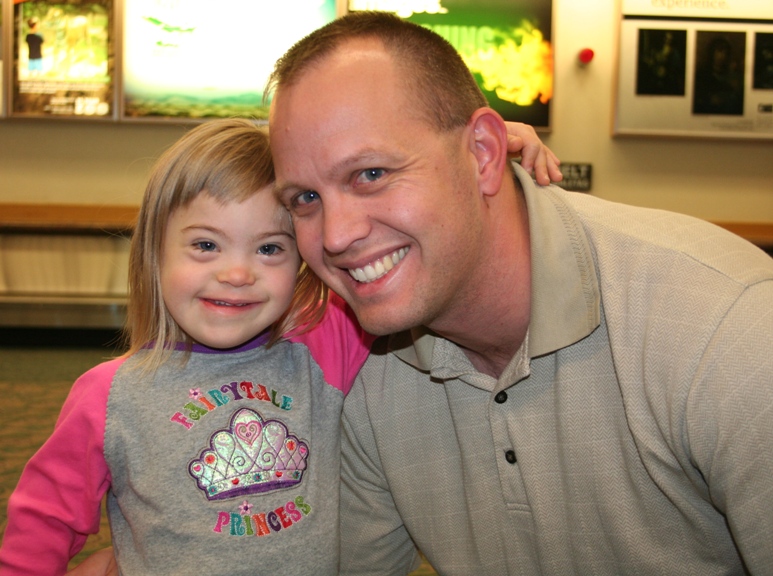
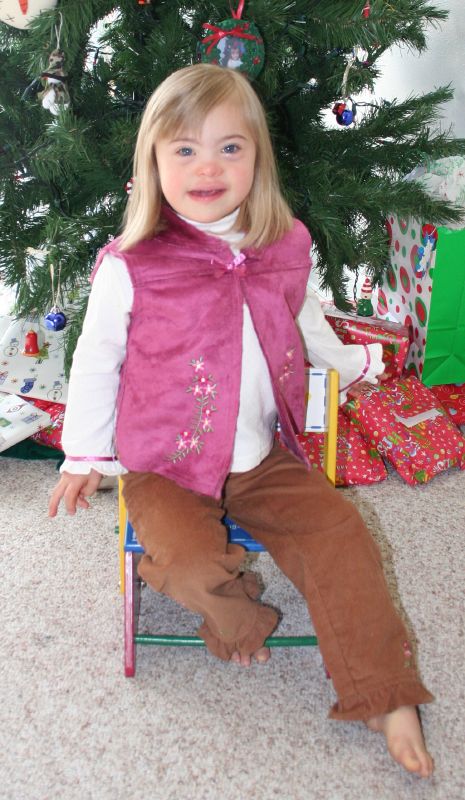
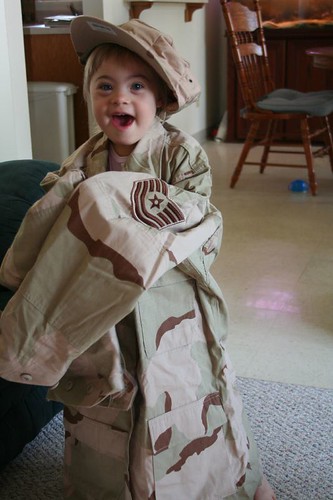
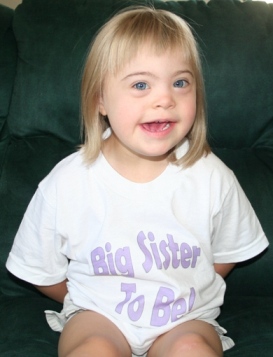
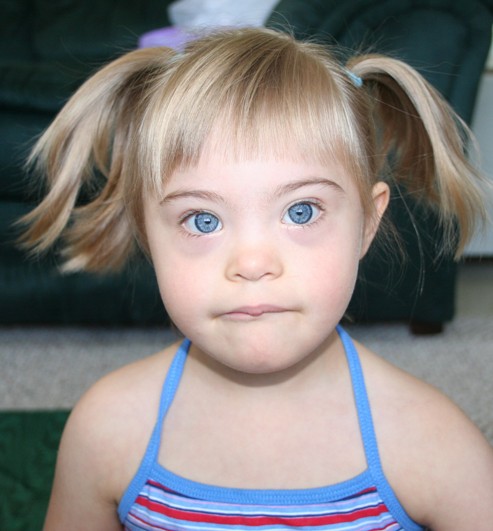
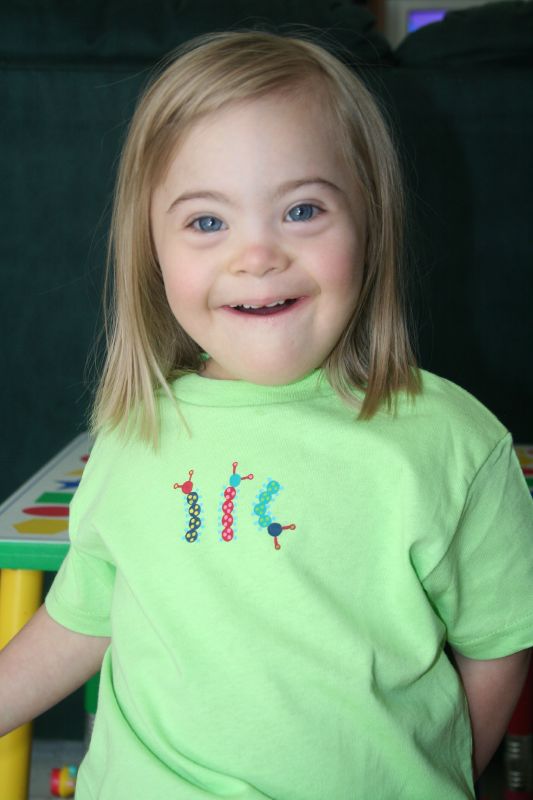
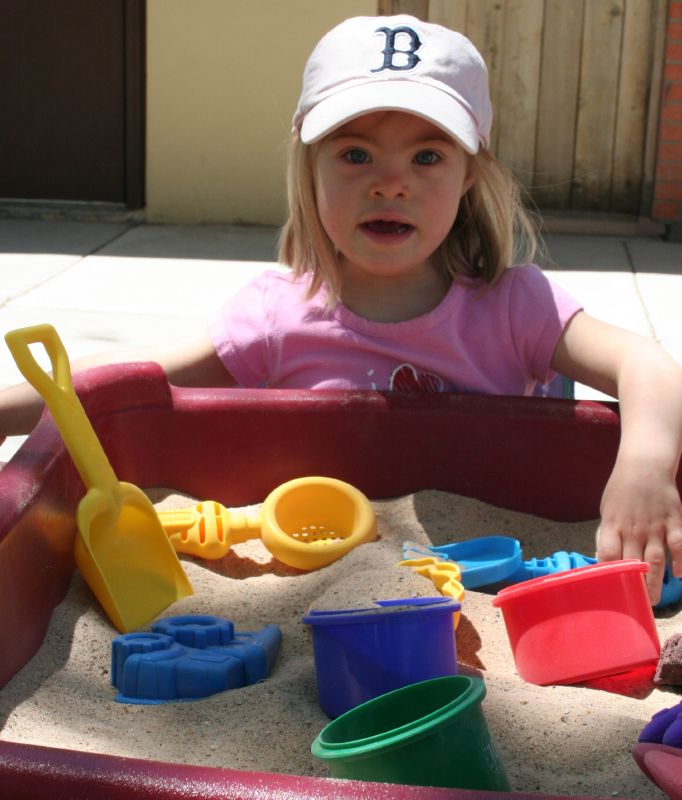
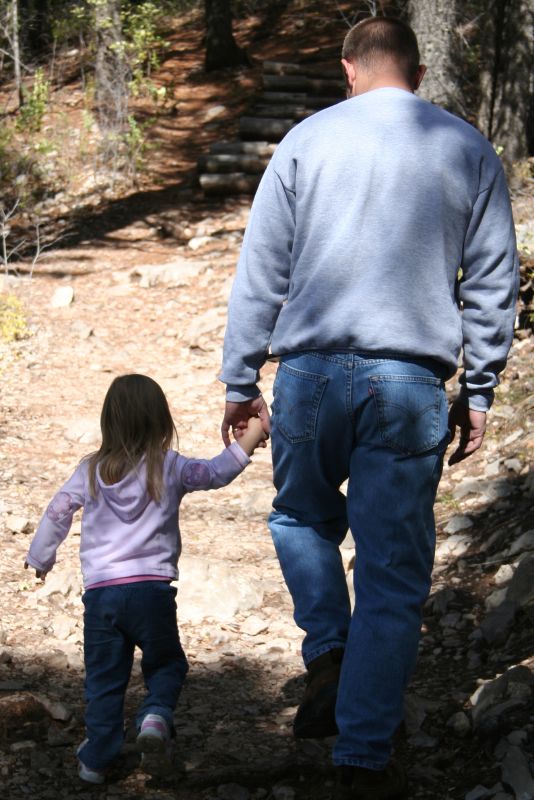

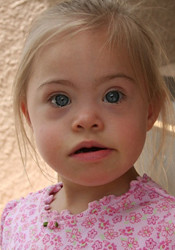




5 comments:
You put it so brilliantly. I struggle with the whole independence thing. I sometimes wonder if I hold Boo back because I carry her (it is much easier/faster). I worry as she gets older where will she live, who will care for her and how she will manage. Luckily she is young enough that I have time to figure out how to let her have her voice, within reason of course :)
GREAT EDITORIAL !! LOVE MOM
HI Michelle, I must email you a link to have a look at what some families are doing in Australia with their adult children with disabilities. I have been thinking a lot lately about the whole 'independence' thing too. Even the kids in Matilda's class have been arguing with each other, saying some of them do too much for Matilda and that she will never learn to be independent! (its been great, the teacher has been having discussions with them all about this. And you are right, none of us are actually truly independent because we all rely on the shop keeper, the garbage collectors, the pharmacist, husbands etc. We are actually interdependent. SO listen, I am very busy right now doing some study, when its finished I'll find this link and send it to you, it will help you get thinking about Kayla's future (in a good way) Cheers, thanks for the discussion, jenni
Michelle,
You put this so well! Independence means something different for everyone. The fact that you want it to be something that you and Kayla can decide together is amazing! At KIT, we have found that including kids with disabilities with their peers who are typically developing helps them to see all of their amazing options for an amazing life! Keep encouraging her to advocate for the life that she wants-- you are doing great! Keep us posted.
It is the ABILITY to be independent rather the actual being that is the issue. Yes, you are dependent on your husband as many married people are, but the likelihood is high that you could function independently of him if you had to do so or chose to do so. Not the case with some people with certain disabilities.
That is a primary issue for those who do not want to parent children who have disabilities. While they are children and supposed to be dependent, the experience can be as much or more of a joyful one. It's when it's time to make that break, if it ever even comes that is an issue. When I saw your thing about how it is to parent a child with DS, what is missing is how it is for most DS adults. Not how a few have managed independence, and how a few have been able to have a satisfactory arrangement, but how are DS adults actually living in this country these days after their parents can no longer care for them. That is often the major concern in having a child with disabilities--who will care for such a child when the willing parent is no longer willing, able or not even there.
Post a Comment